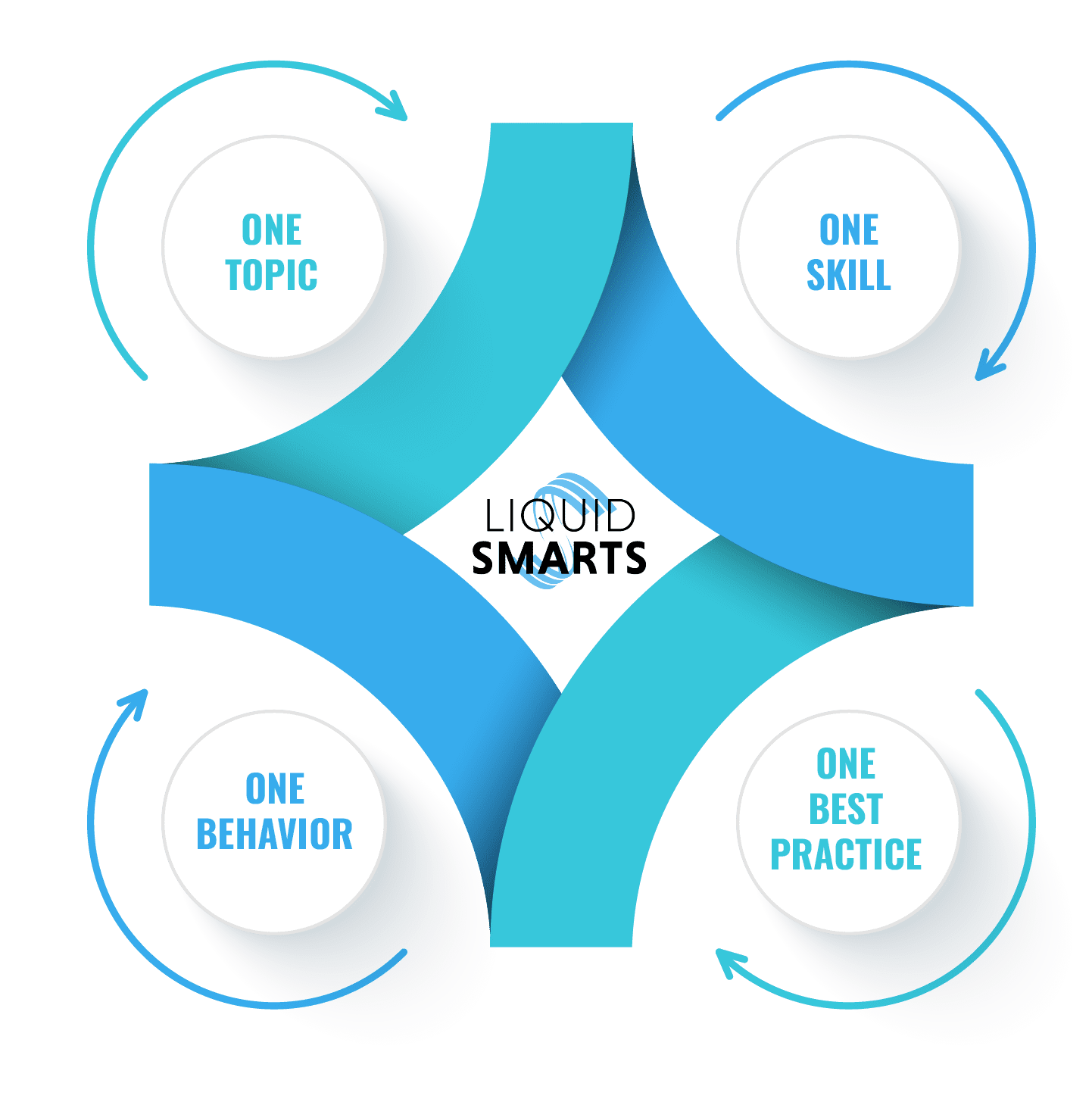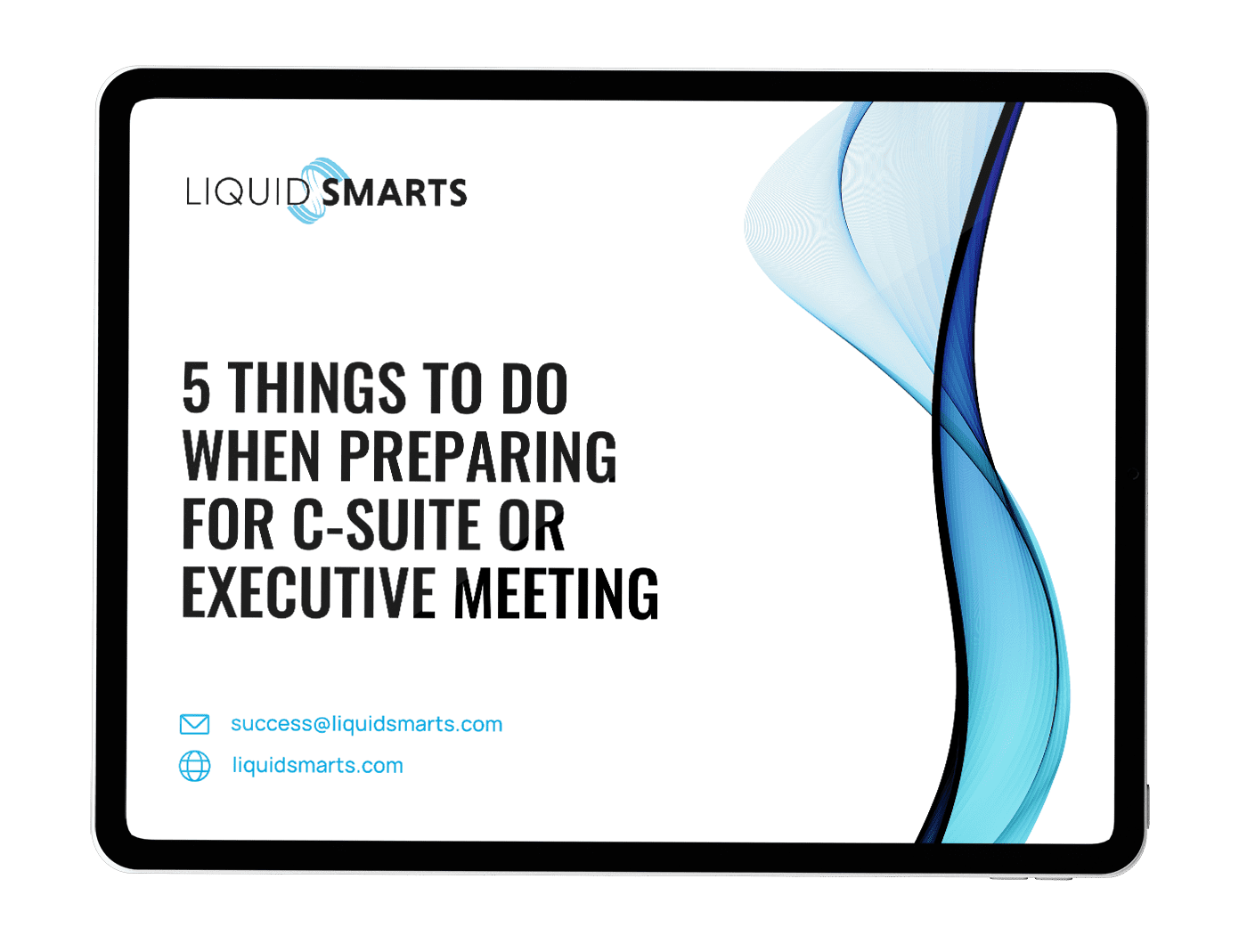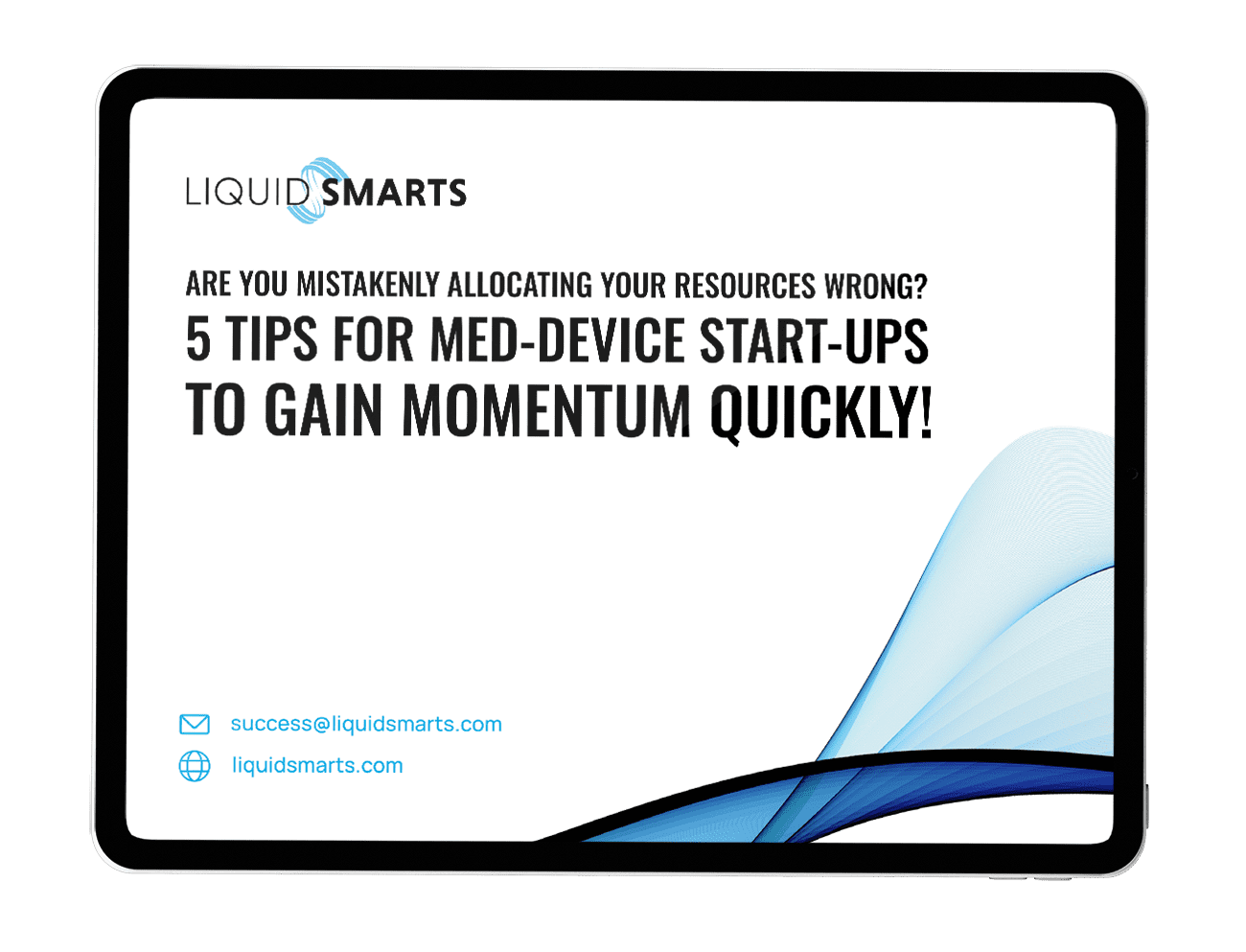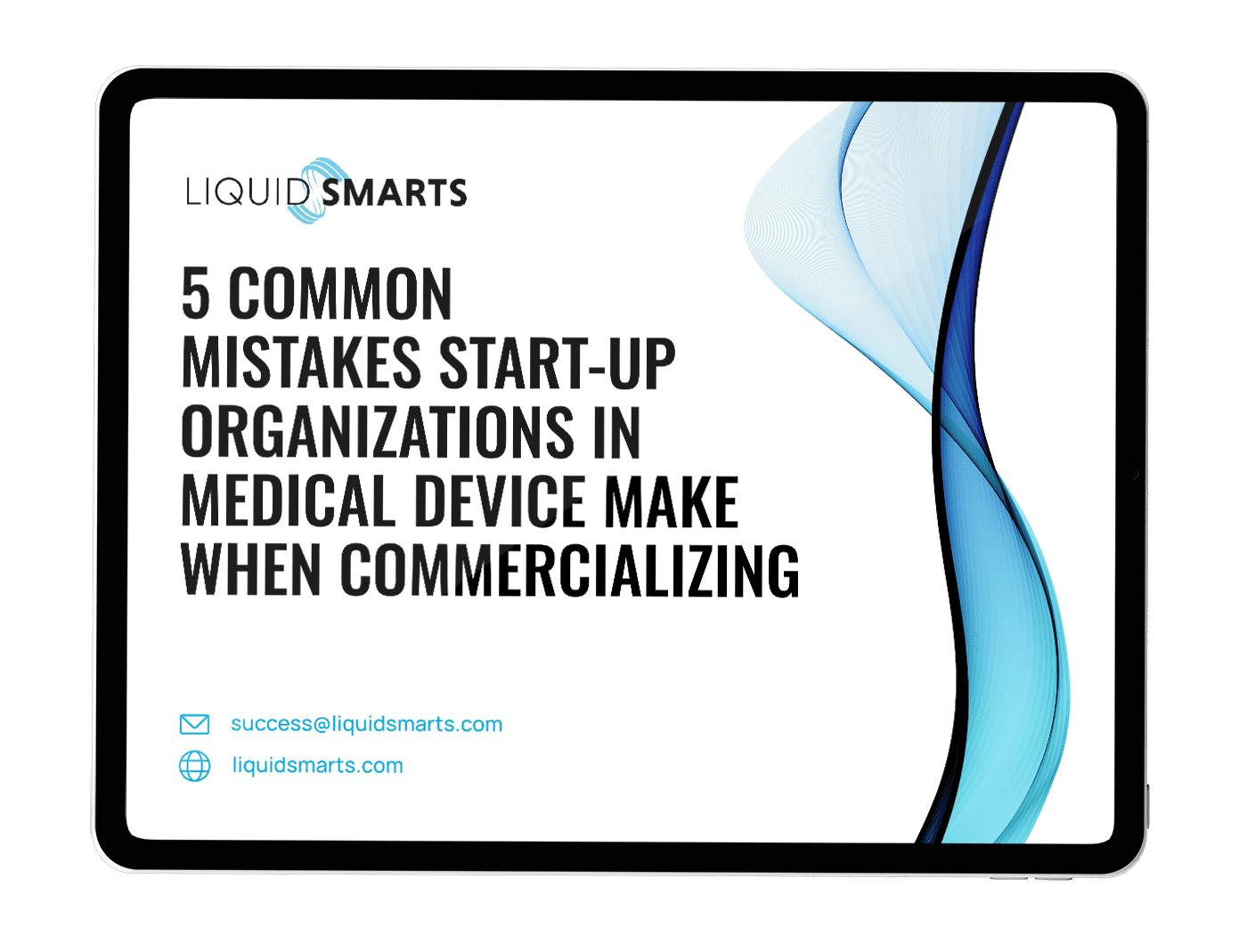As the business world grows and evolves, we’re seeing an increasing need for effective leadership that promotes collaboration, encourages a culture of growth, and puts the development of employees at its core.
It’s becoming increasingly evident that traditional management styles are no longer sufficient in driving results; instead, coaching leads to real success.
Coaching is about inspiring excellence by facilitating learning experiences so people can reach their potential on their terms – not solely prescribed approaches set by a manager or boss. Leaders must transition from operating as managers to coaches to unlock greater team performance levels.
Let’s explore the differences between management and coaching and some supporting evidence to help you better understand the distinctions and how each approach can benefit individuals and organizations.
Similarities Between Coaching and Managing
Both coaching and managing involve working with people to help them achieve their goals and improve their performance. They state several vital aspects, such as:
- Strong communication skills: Both roles require active listening, empathy, and the ability to provide feedback effectively.
- Motivation and inspiration: Both coaching and managing require the ability to motivate and inspire people to perform at their best.
- Goal setting and monitoring: Both involve setting goals, monitoring progress, and providing support and guidance as needed.
Differences Between Coaching and Managing
Despite the similarities, coaching and managing have several key differences, such as:
- Focus: Coaching focuses on helping individuals achieve personal and professional goals, while management focuses on achieving organizational goals.
- Individualized vs. group approach: Coaching is typically more individualized and tailored to the needs and goals of the person being coached, while management is often more focused on directing and supervising a group of people.
- Long-term vs. short-term: Coaching often focuses on long-term development and growth, while management focuses more on short-term results. Coaching Life provides an excellent analysis of this distinction.
- Partnership vs. hierarchy: Coaching is often seen as a partnership between the coach and the coach, while management is a hierarchical relationship between a manager and their team.
- Voluntary vs. required: Coaching is often voluntary and sought out by the person being coached, while management is typically a necessary part of a job.
The Role of Coaching in Supercharging Leaders
Coaches help leaders fulfill their roles more effectively by using their expertise to assist leaders in refining their skills, unlocking potential, and helping guide them when needed.
Furthermore, coaches encourage autonomy versus relying on direction from a manager for every decision. Thus, it is apparent that the relationship between coach and leader is critical for the success of any business if they are willing to focus on outcomes versus activities with guidance from a coach.
Coaches help create stronger team dynamics when trust is developed, and new perspectives are shared to facilitate personal and professional growth for all involved parties. Working with a coach can provide insight into your organization’s culture while improving communication between departments and increasing employee engagement.
Moreover, investing in the right coaching will ultimately increase your company’s bottom line due to improved relationships and heightened employee efficiency and productivity.
Ready to supercharge your leaders with coaching? Let’s talk.
For more insights on coaching and managing, check out this Harvard Business Review article on effective strategies.







